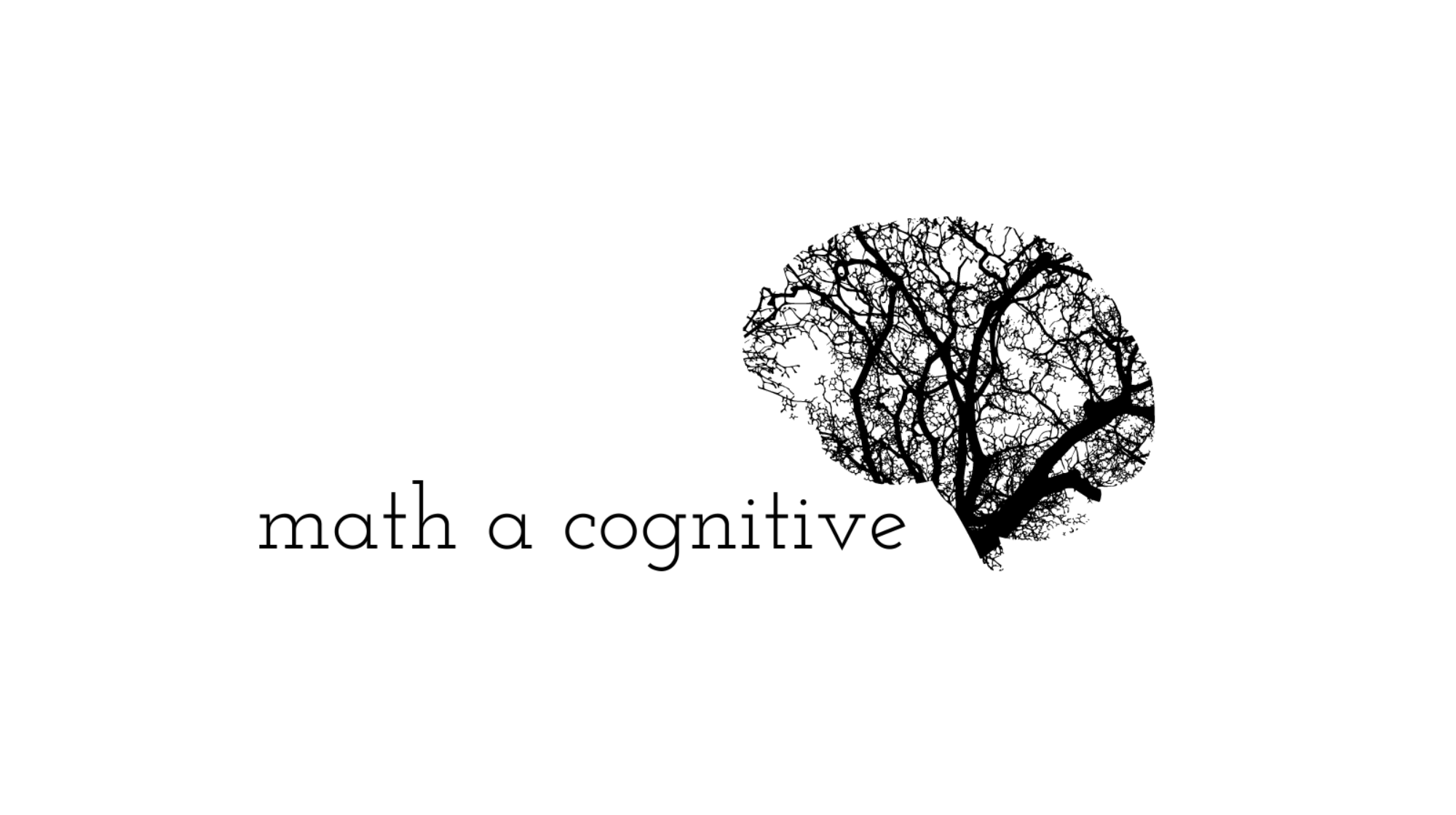Ages and ages ago (erm, July) I wrote about a goal for this year: incorporate a little bit of learning about learning in every class.
(Why? Because, I’m with Gretchen Rubin: what you do every day matters more than once in a while)
For me learning about learning encompasses:
- Information about brains, neuroscience, what happens when we learn
- Addressing math anxiety, limiting beliefs about learning, growth mindset etc.
- Study and learning skills (note taking, effective study strategies etc.)
- Self reflection/exploration/assessment: learning how I in particular learn best
And, halfway through the year, I’m reflecting and happy to report: we’re pulling it off. Some days it’s a little bit, some days it’s the full lesson; some days it really resonates with my students, some days not so much, but every week we’ve done something.
I knew I was having an impact when I did my end of the term evaluation, and without special prompting from me, students wrote about their brains and what works for them.
What’s helping:
Add it to my lesson plan template. I use a google doc, with our routines pre-filled. This year, every time I open it to write a new plan, I see a blank spot labeled “Learning about Learning”. It’s an effective nudge and reminder.
Gather resources ahead. I am so glad I spent some time this summer finding videos. It’s the teaching equivalent of freezer meals: on the busy days, I reach into my playlist, and pull out something good, but easy.
Explain WHY I am also glad I took time at the start of the term to head off the “Is this on the test, miss?” questions. Explaining to students that this brain science and reflecting in math class will pay off in better and (key for my busy adults!) more efficient learning, was a good use of a few minutes.
Use it as a brain break. Brain breaks make sense, but my students are busy adults. They are not interested in the kinds of fun breaks that work for elementary classes — but a few minutes of switching topics and talking about something other than math. (especially on the video-watching days) That works. It helps break up the class and lets them catch their mental breath.
Short reflections. I’ve already got teeny reflections after our spiral review and on homework, but a couple of times a term, I ask students to do some more reflecting. Early in the term it’s planning for homework, late in the term it’s reflections on progress.
((All my reflection tools bundled together))
Do math about it. (aka, data is your friend.) These are my favorite lessons, when the whole night blends learning about learning with practicing math. The basic formula is: introduce a learning topic (growth mindset, brain based study strategies etc.), collect some data , do math about it (make a numberline, a graph, find a percent, or a ratio, or a fraction, calculate a simple statistic)
((My favorite lessons on this theme))

